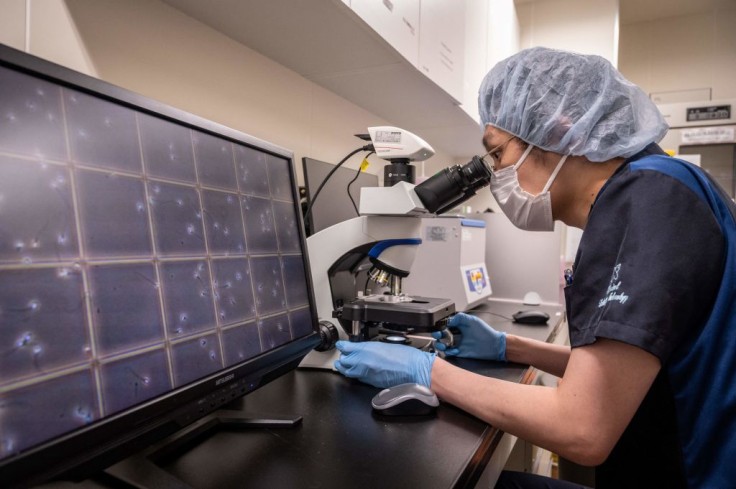
A sperm donor who fathered more than 550 children is now banned from donating. A Dutch court issued a ruling on Friday, April 28, to prohibit a man from donating his sperm.
The man has already fathered over 550 children in several countries, including the Netherlands, and has deceived potential parents about the number of offspring he helped to conceive.
Although this was not the first time he was banned, in 2017, he was forbidden from donating his sperm to fertility clinics in the Netherlands due to having fathered over 100 children. However, he continued to donate sperm.
Sperm Donor Who Fathered 550 Children Is Now Banned
The court's decision to grant the injunction sought by the mother and the foundation representing other parents was based on the grounds that the number of children fathered by the donor was too high. It was argued that this could lead to potential health risks and negative effects on the well-being of the donor children.
Moreover, the court noted that the donor's misleading behavior towards prospective parents was a violation of their rights to make informed decisions about their family planning.
According to the BBC, despite the first ban, he continued to donate his sperm through online forums and overseas channels.
The legal battle initiated by the foundation advocating for the rights of donor children and the mother of one of the children allegedly fathered by the man reflects the growing demand for greater transparency and ethical standards in the field of assisted reproductive technology.
The court's ruling serves as a warning to other donors who may be engaging in similar practices and highlights the need for stricter regulations to ensure the safety and well-being of donor-conceived children and their families.
The court's decision to impose a fine of 100,000 euros per case if the donor breaches the ban underscores the seriousness of the issue and the importance of enforcing ethical standards in the fertility industry.
Putting an End To Mass Sperm Donorship
NBC reported that during the court hearing, the lawyer representing the donor argued that his client's intention was to assist parents who faced difficulty conceiving. However, the judge presiding over the case noted that the donor had deliberately misled prospective parents regarding the number of offspring he had fathered to increase his chances of being selected as a donor.
The court emphasized that the large kinship network resulting from the donor's actions could have significant negative psychological and social consequences for the children involved. The judge, therefore, ruled that it was in the best interests of the donor children and their families to prevent the expansion of this network any further.
The case centered around a clash of fundamental rights, with the privacy rights of the parents and donor children and the donor's privacy rights on the other.
The court ultimately found that the interests of the donor children and their parents should take precedence. The ruling has been widely praised as a warning to other mass donors and a call for stricter regulation of the fertility industry.
As per USA TODAY, the mother who initiated the case, known only as Eva, expressed hope that the ruling would lead to a ban on mass donation in other countries and urged greater protection for children in such situations.
Related Article: Melatonin Gummies Put Children at Risk: A New Harvard Study Reveals Alarming Findings